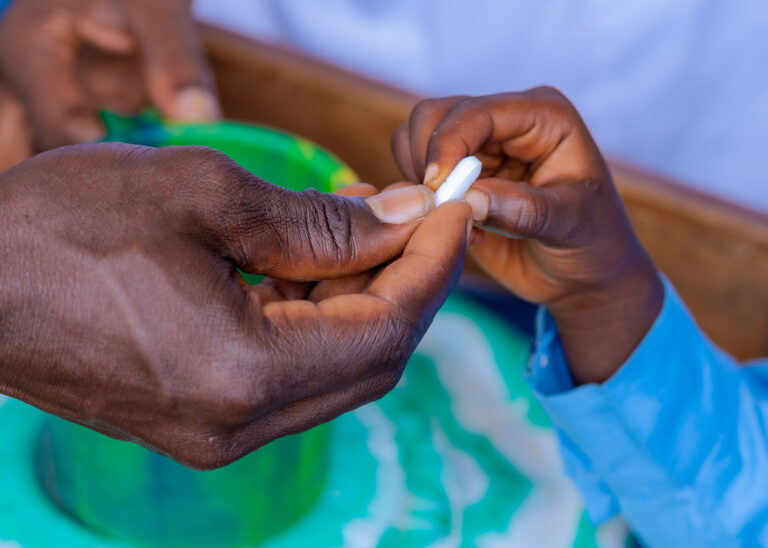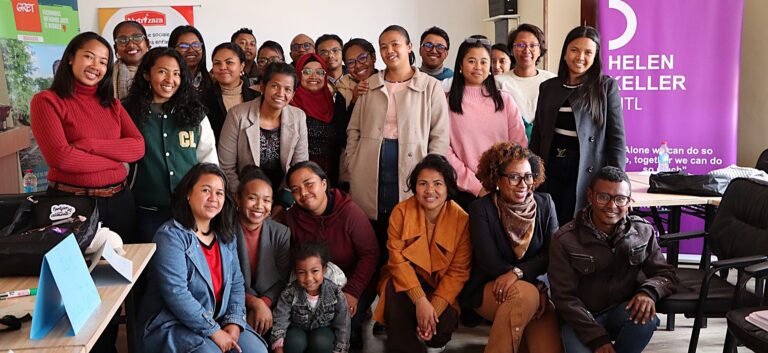World Health Assembly Welcomes Resolution to Protect Infant and Child Nutrition
It’s been 35 years since the International Code of Marketing of Breastmilk Substitutes (the Code) was passed by the World Health Assembly (WHA). Last month, leaders at the 69th Assembly welcomed a new resolution aimed at protecting breastfeeding and the appropriate complementary feeding of young children.
This resolution called on countries to implement the World Health Organization’s new Guidance on Ending the Inappropriate Promotion of Foods for Infants and Young Children, which provides evidence-based guidelines designed to protect breastfeeding and optimal complementary feeding by ending the promotion of breastmilk substitutes and the inappropriate promotion of unhealthy foods for young children. The Guidance reinforces that the Code covers all products that function as breastmilk substitutes, including follow-on formula and growing-up milks, and urges member states to develop stronger national policies to protect children under three from marketing practices that are detrimental to their nutrition.
Why it matters
“Breastmilk makes the world healthier, smarter and more equal,” concludes The Lancet series on breastfeeding released earlier this year. Breastfeeding offers benefits of “fewer infections, increased intelligence, probable protection against obesity and diabetes and cancer prevention for mothers.” Yet around the world, medical, cultural and commercial factors cause women to stop or avoid breastfeeding. The new Guidance is designed to protect mothers from commercial influence and provide critical protection for breastfeeding.
Exclusive breastfeeding for the first six months followed by careful complementary feeding and continued breastfeeding up to two years or beyond are promoted through Helen Keller Intl’s Essential Nutrition Actions, an approach developed with the support of USAID, WHO and UNICEF to support optimal nutrition during the first thousand days of life and to decrease maternal and child undernutrition.
Presenting the evidence
On the sidelines of the World Health Assembly, Helen Keller collaborated on an event with World Health Organization, UNICEF and the governments of Nepal and South Africa. Panelists at “Breastfeeding in the 21st century: New evidence galvanizing investments for policies and program” spoke about the health and economic benefits of breastfeeding and progress made to support women to breastfeed in different countries, including Brazil, Kenya, Nepal, the United States and Vietnam.
Helen Keller’s Senior Vice President of Programs Victoria Quinn presented recent research from HKI’s Assessment and Research on Child Feeding project about promotion and consumption of breastmilk substitutes. Research conducted in Cambodia, Nepal, Tanzania and Senegal and published in the Maternal & Child Nutrition journal found that commercially produced milks designed for children older than six months of age are frequently labeled like infant formula, and widely promoted. This marketing practice has potentially dangerous consequences for nutrition during the first 1,000 days a life, a period of critical importance to long-term health and well-being.
Moving forward
Helen Keller urged the World Health Assembly to endorse this resolution to ensure that optimal nutrition for infants and young children is not undermined. The Assembly subsequently welcomed the resolution, and Member States are now urged to move ahead with plans to implement more protections for child nutrition.




